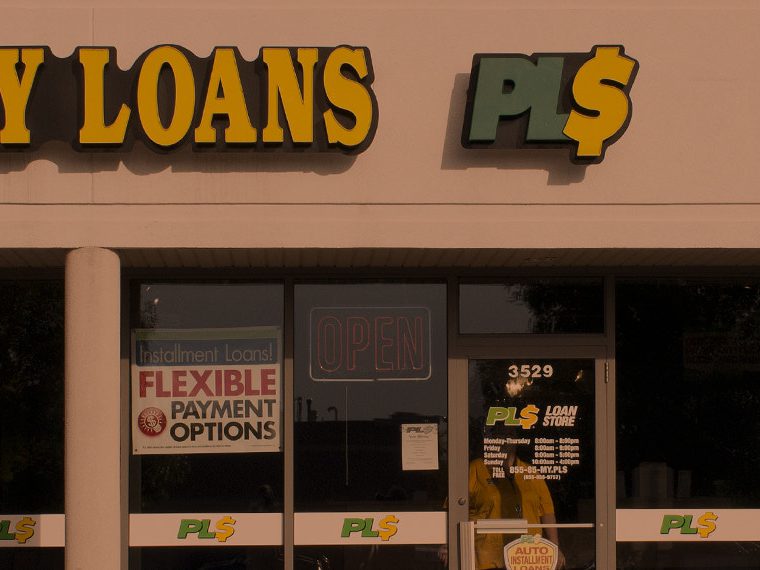Federal loan modification program led borrowers to default
In the story of the Great Recession, the collapse of home prices starting in 2007 gets key blame. Homeowners stopped making loan payments as their property values sank below the balance on their mortgages, and these defaults exacerbated and extended the economic downturn.
However, research released in August 2017 as a working paper suggests that government programs aimed at mitigating foreclosures, along with several other factors that affected homeowner attitudes about paying underwater mortgages, led more borrowers to default during the height of the recession than actual declines in home values.
The research, by the Federal Reserve Bank of Philadelphia’s Xudong An, National University of Singapore’s Yongheng Deng and UCLA Anderson’s Stuart A. Gabriel, finds that mortgage default rates between 2007 and 2012 would have been about one-third the level actually recorded during the crisis if the home value drop occurred in isolation.
Opt In to the Review Monthly Email Update.
A borrower’s likelihood to default can vary over time and place, the study finds, even when negative equity trends are equivalent. Unemployment, expectations about future home values, weak household finances and the availability of mortgage modification programs heightened the likelihood that borrowers would default in the face of negative equity, according to the research.
The Home Affordable Modification Program was a particularly strong, though inadvertent, trigger for the spike in mortgage defaults years after the initial market collapse, the study finds. The program, enacted in 2009, gave lenders incentives to modify home loans, rather than foreclose, when buyers defaulted. Aligning with other academic research on foreclosure abeyance programs, the findings here suggest that HAMP helped trigger the post-2009 surge as homeowners stopped making loan payments to become eligible for program benefits.
The authors studied trends in loan performance and home prices between 2006 and 2013 to identify factors that led to mortgage defaults. They found that the likelihood of default fluctuated with changing economic conditions, rather than changes in home equity positions alone.
Working with ZIP code level data that included borrower characteristics as well as macroeconomic indicators, the authors found that the propensity to default varied widely even among borrowers in high-income areas where earnings were growing. The finding suggests that some borrowers defaulted for strategic reasons, such as fear of lower values in the future, rather than personal liquidity issues.
The results shed light on what entices homeowners who have continually made payments on underwater properties to ultimately default. Although decades of studies have established negative equity as a major driver of mortgage default, the research by An, Deng and Gabriel suggests that homeowners tend to make mortgage payments until equity turns deeply negative.
Featured Faculty
-
Stuart Gabriel
Arden Realty Chair; Distinguished Professor of Finance; Director, Richard S. Ziman Center for Real Estate at UCLA
About the Research
An, X., Deng, Y., & Gabriel, S.A. (2017). Default option exercise over the financial crisis and beyond.





